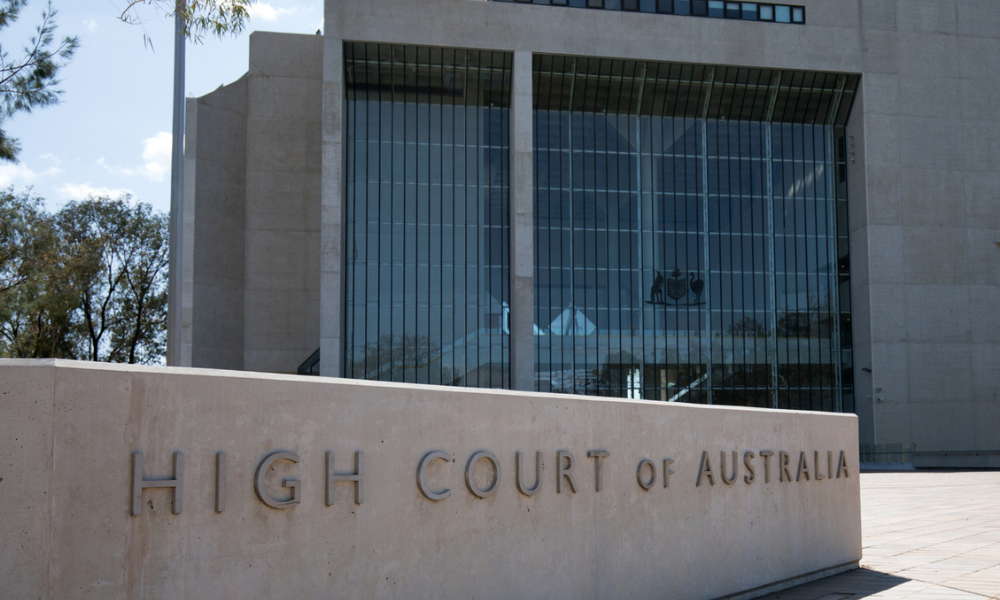
The appellant failed to prove that the prosecution’s failure to disclose certain information was relevant to the case

The High Court has ruled that there was no miscarriage of justice in a child sexual assault case despite the prosecution’s failure to disclose certain information.
In a 6 October ruling, the court unanimously dismissed the appeal of a decision made by the NSW Supreme Court’s Court of Criminal Appeal. In the appeal, convicted party Scott Edwards claimed that the verdict at his jury trial was affected by a miscarriage of justice because the prosecution did not provide “full and proper” disclosure of certain data.
The court rejected Edwards’ argument because he failed to prove the relevance of the data to the case.
At the Court of Criminal Appeal, Edwards had been convicted by a jury of six counts of aggravated sexual intercourse with a person aged above 10 and under 14 years of age, contrary to section 66C(2) of the Crimes Act 1900 (NSW). However, Edwards contended that the prosecution failed to “provide his lawyers, in advance of the trial, a hard drive containing a copy of data stored on the appellant’s mobile phone (Cellebrite Download).” Police had seized the latter upon his arrest.
The Office of the Director of Public Prosecutions (ODPP) claimed that it had informed Edwards’ lawyers of the existence of the hard drive “in writing on three occasions prior to the trial but did not serve a copy of the download or provide any information about it.” However, his lawyers said they only found out about the Cellebrite Download after the ODPP served a witness statement before the trial.
Edwards submitted that “the prosecutor utilised the Cellebrite Download to identify a potential witness and thereby had an unfair advantage over the defence.” He argued that the allegedly withheld information cost him “a real chance of a different outcome.”
In its submission, the prosecution defined “the common law duty of disclosure,” saying that the extent of the prosecution’s duty of disclosure is based on considerations of “fairness to all sides.” The prosecution added that this duty may be satisfied by “disclosure of the existence of documents” and “making those documents available to the legal representatives of an accused person to inspect.”
The prosecution said that disclosure of the existence of the data had been made multiple times to Edwards, but he did not, at any stage, seek “an expert examination of the Cellebrite download or handset.”
The High Court ruled that there was “no prosecutorial duty to disclose a copy of the Cellebrite Download,” and said that Edwards “even with the benefit of hindsight” could not show how the data “would reasonably be regarded as relevant to the prosecution case or the defence case.” The court added that Edwards’ arguments about the forensic value of the data did not rise above the level of speculation; he had been unable “to show any respect in which his entitlement to a fair trial was adversely affected by not being provided with a copy of the Cellebrite Download.”